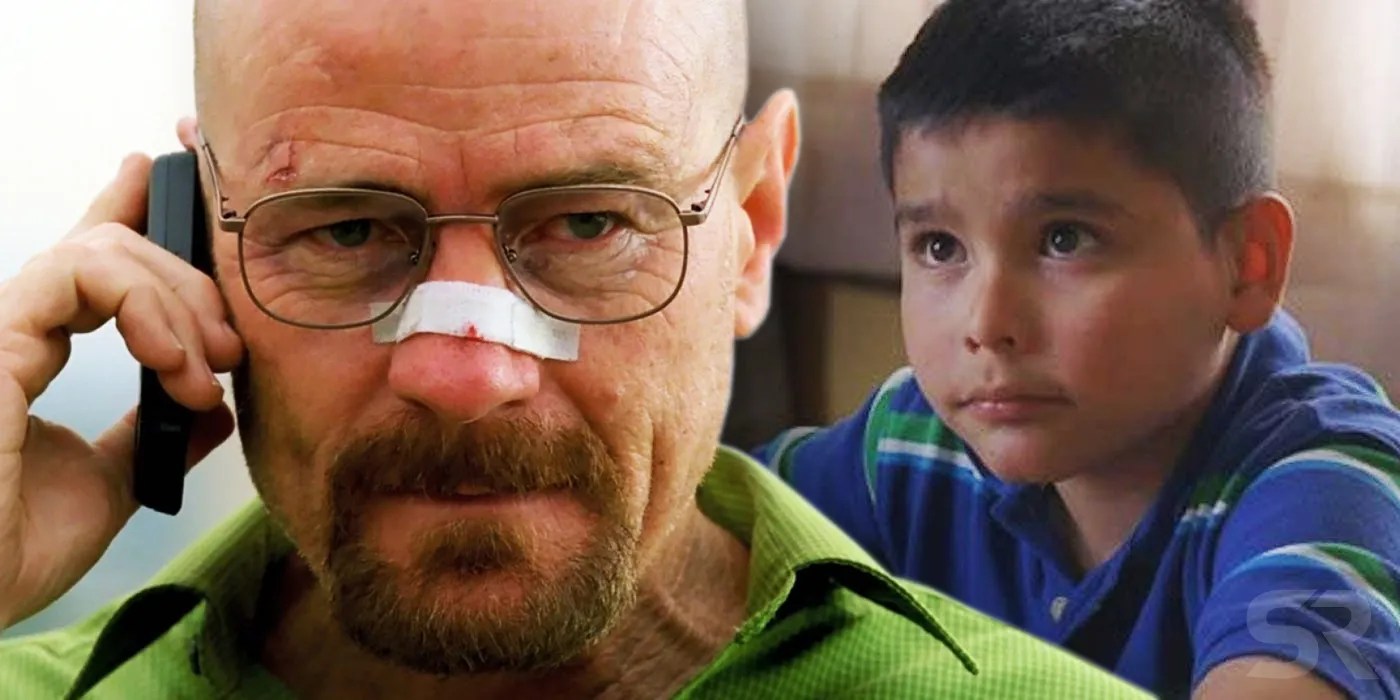Few minor characters in television history have elicited such a profound and lasting emotional response as Brock Cantillo from AMC's groundbreaking series, Breaking Bad. His story, though largely told through the reactions of others, became a pivotal, morally devastating event, forcing viewers and protagonists alike to confront the escalating depravity of the show's anti-hero. The innocent child, a symbol of vulnerability, inadvertently served as a critical fulcrum upon which the narrative's darkest themes hinged, irrevocably altering the trajectory of its central figures.
Editor's Note: Published on October 26, 2023. This article explores the facts and social context surrounding "brock breaking bad the deeper meaning behind his story".
The Introduction of Vulnerability
Brock Cantillo first appears as the young son of Andrea Cantillo, a recovering addict whom Jesse Pinkman befriends. From his initial introduction, Brock serves as a grounding presence for Jesse, representing a fragile hope for a normal life away from the criminal underworld. His very existence underscores Jesses innate desire for redemption and his capacity for compassion, a stark contrast to the hardened nihilism often associated with the drug trade. Brocks early scenes are characterized by a quiet domesticity, offering a glimpse into what Jesses life could be, rather than what it had become. This initial portrayal meticulously builds an emotional investment in Brock's well-being, making his subsequent suffering all the more impactful.
"Brock isn't just a child; he's the ultimate collateral damage, a silent testament to the moral decay festering at the heart of Walter White's empire. His vulnerability became a weapon in the hands of a master manipulator."
A Catalyst for Moral Reckoning
The turning point in Brock's story, and arguably in the series' ethical landscape, arrives with the revelation that he has been poisoned. The initial framing of this event, cleverly orchestrated by Walter White, points to ricin, an incredibly potent toxin developed by Walt himself. This misdirection is crucial, as it leads Jesse to believe that Walter, in a cold and calculated move, attempted to poison Brock to manipulate Jesse against Gus Fring. The ensuing confrontation, marked by Jesses furious and violent accusation, highlights the deep trust issues and moral chasm developing between the two partners. It is a moment of profound narrative tension, forcing both characters and audience members to grapple with the depths of Walt's Machiavellian capabilities. The true revelation that Brock was poisoned by lily of the valley, a plant Walt knew would mimic ricin symptoms only underscores the chilling brilliance and absolute amorality of Walt's scheme. This strategic poisoning was not for murder, but for psychological warfare, using an innocent child as a pawn.
